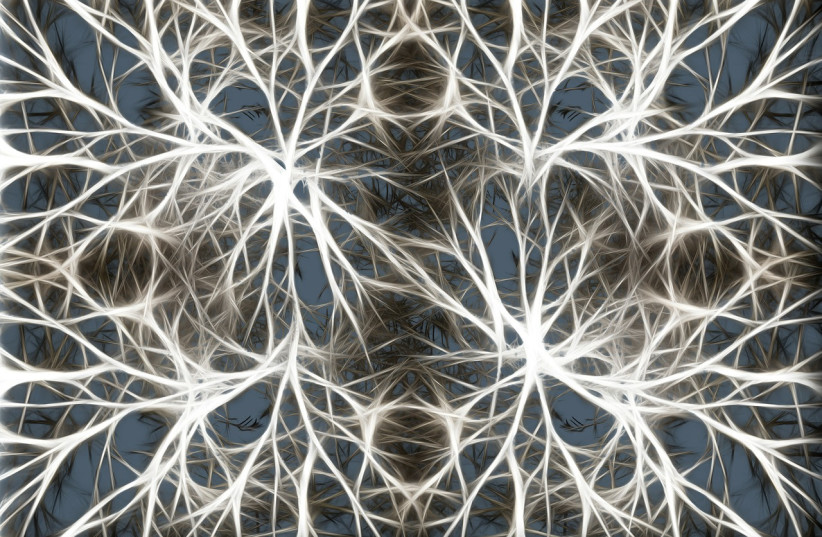Consuming a ketogenic diet may reduce the effects of brain damage in people who have sustained Traumatic Brain Injuries (TBI), a new study by researchers at Tel Aviv University has shown.
A ketogenic diet is one where the majority of calories consumed come from foods high in protein and fat. The diet includes very few carbohydrates, which would typically be broken down into glucose and used as the brain's main source of energy.
Consuming such a diet for extended periods of time mimics a state of fasting in the body, during which the liver will use the fat consumed through diet as well as stored fat to produce ketone bodies for energy and nourishment of the brain. The diet has taken off as a weight-loss strategy in recent years, though due to the its highly restrictive nature, it's not recommended to adopt without consulting a healthcare professional.
The university explained that TBI as a result of events such as impact to the head from hard objects, accidents and sports injuries is a leading cause of death and long-term disability for millions of people worldwide every year. TBI can negatively impact parts of the brain that control physical, cognitive, behavioral and emotional functions and increase the risk of developing neurological disorders such as Alzheimer's and Parkinson's diseases. Treatment options for those who have sustained such injuries are currently lacking, though the ketogenic diet has been used as a treatment among children with epilepsy for almost 100 years.
The peer-reviewed study led by Professor Chaim (Chagi) Pick and PhD student Meirav Har-Even Kerzher from the Sackler Faculty of Medicine at TAU was conducted using mice. Those fed a ketogenic diet showed improvements in spatial and visual memory, lower levels of brain inflammation and neuronal death, and reduced rates of cellular aging compared to mice fed a standard diet.
The exact mechanism by which the ketogenic diet works on the brain has yet to be identified, though some studies have suggested that it has an antioxidant and metabolic effect on cell mitochondria as well as reducing the production of free radicals and increasing Adenosine triphosphate (ATP), a compound that provides energy to cells.

Professor Pick explained the promise that these results may hold for future research, “The findings were unequivocal and showed that the ketogenic diet improves spatial memory and visual memory, lowers indices of inflammation in the brain and in addition, also slows the rate of cellular aging. These results may open the door to further research that will inspire hope for those suffering from traumatic brain injuries and their family members.”
